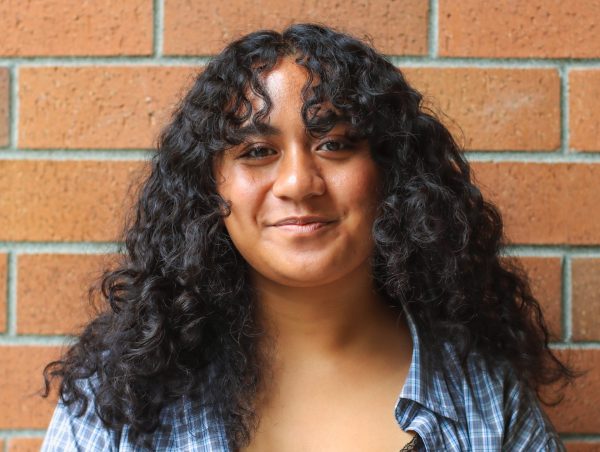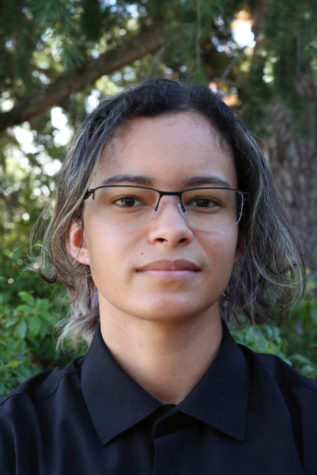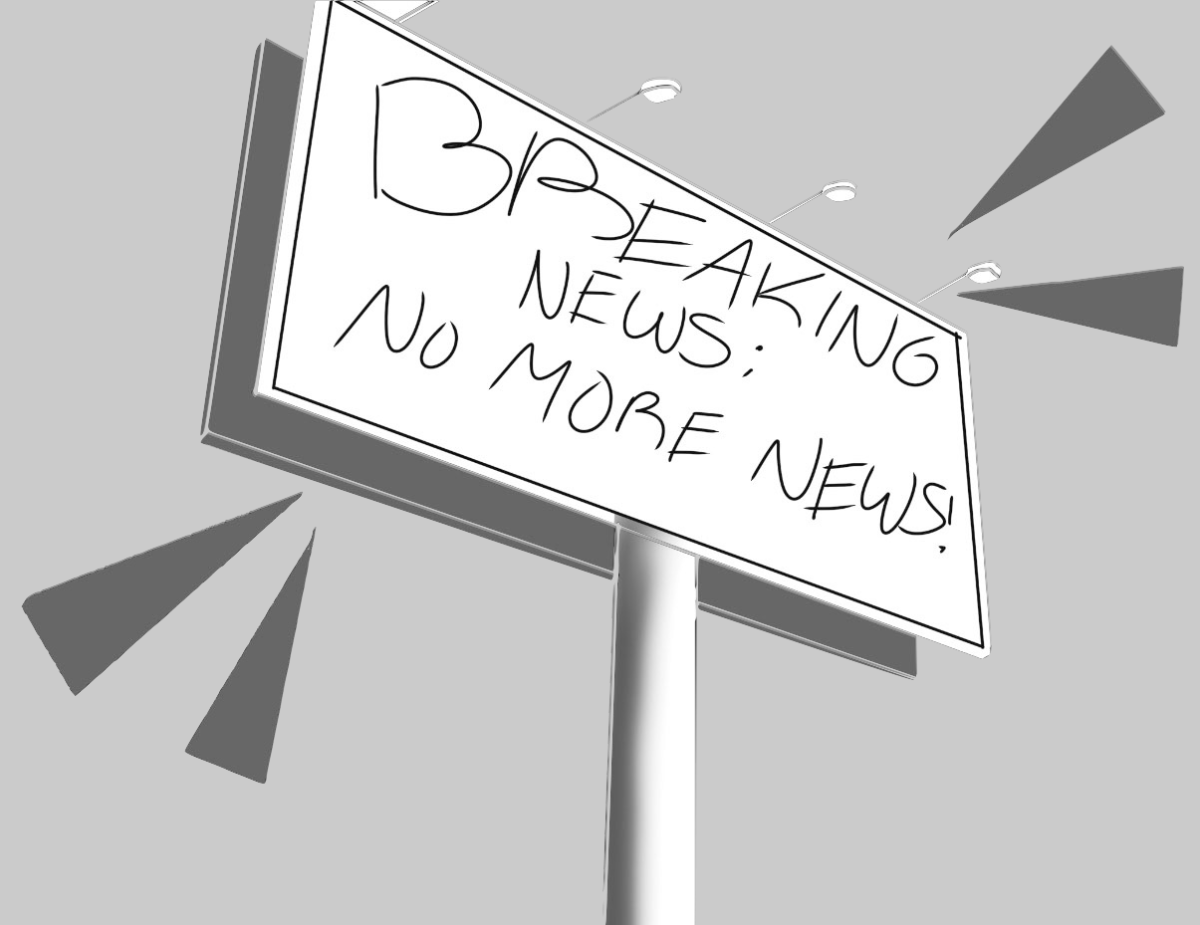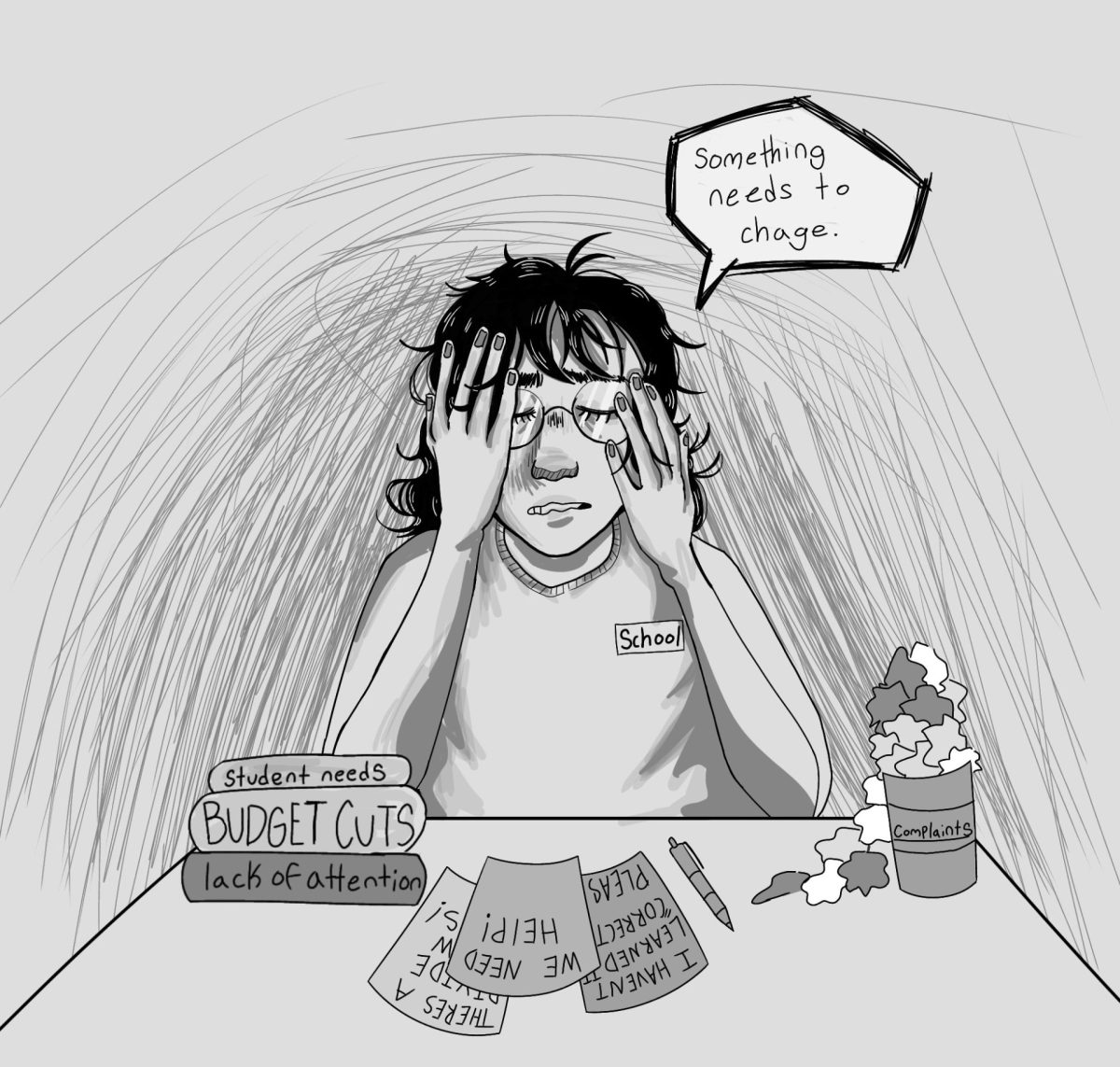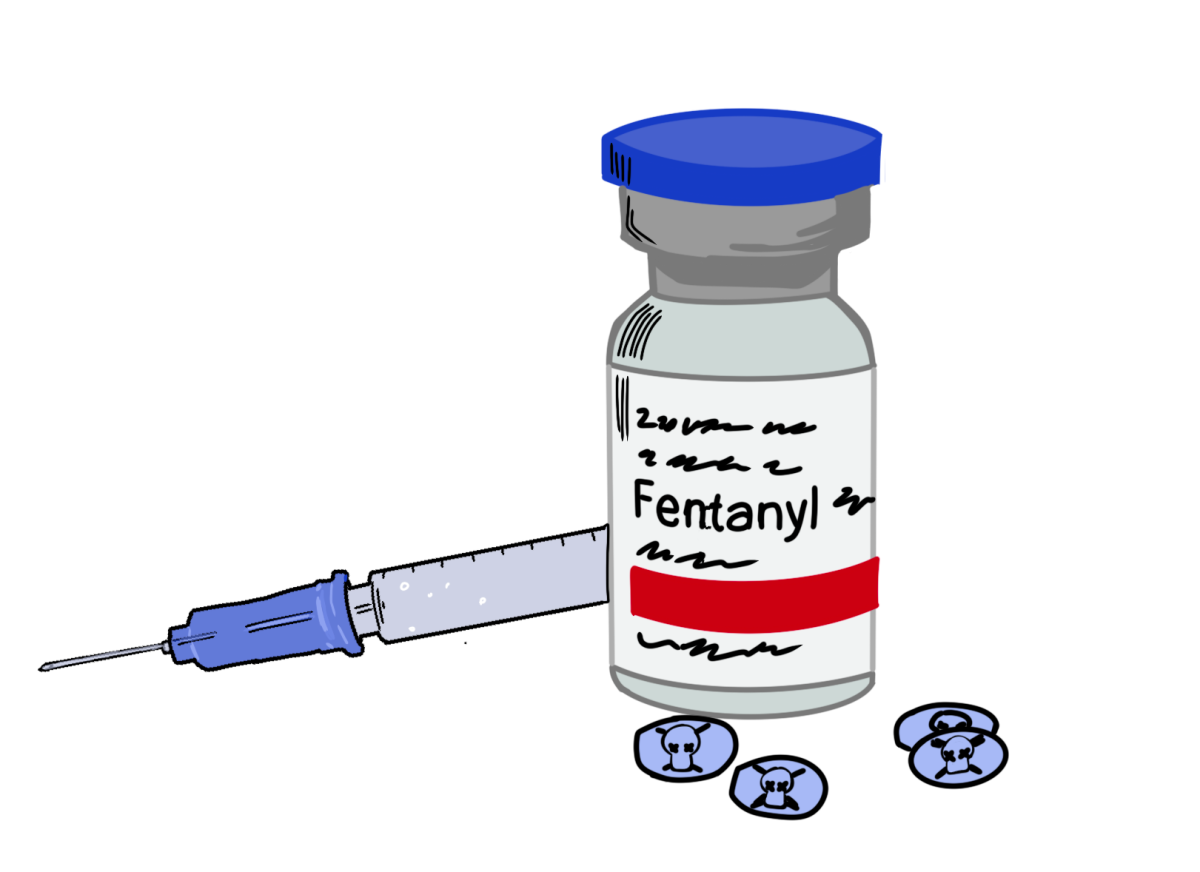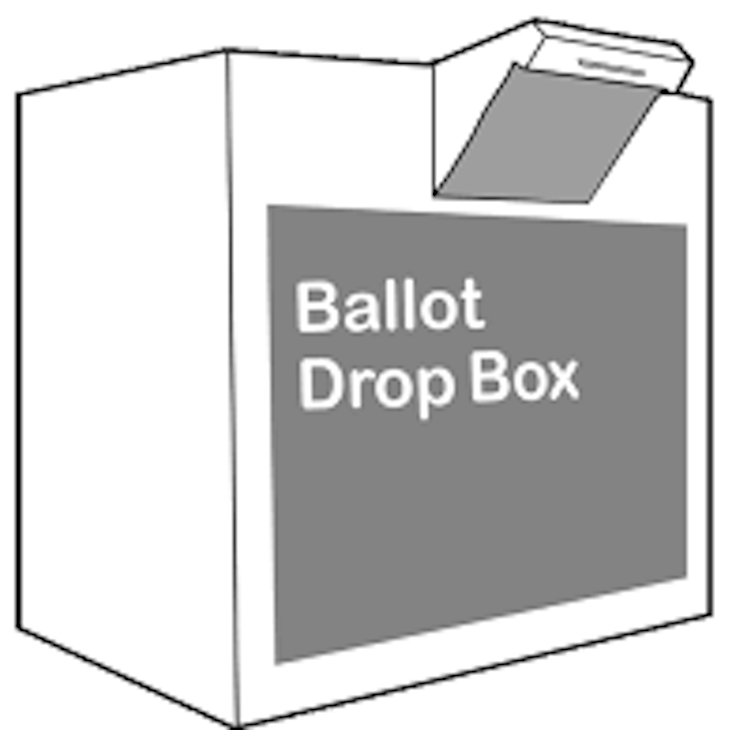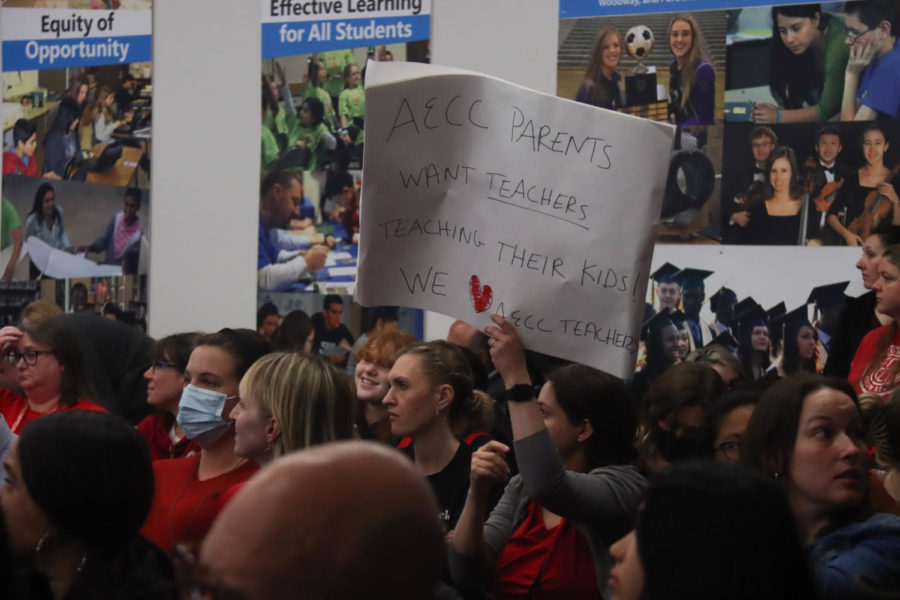The Edmonds School District (ESD) unanimously adopted a significantly updated freedom of expression policy on Nov. 8 – a policy that sets a high standard for other public school districts across the state.
According to several student press rights experts, the ESD policy is the first in the state to overtly disallow prior review of student media by school officials. Although student media at MTHS have operated without prior review since the school opened in 1960, that wasn’t the case at the district’s other high schools.
“…there shall be no administrative prior review of school-sponsored student media unless school officials have a demonstrable concern that the student media contains prohibited speech as defined by 28A.600.027(2),” the policy states.
Assistant Superintendent Greg Schwab (who is a former MTHS principal) oversaw the revision and updating of policies falling under section 3000, which address guidelines for much of student life.
Specifically, policy 3220 addresses freedom of expression and student media. While the previous policy that was adopted in 1993 was essentially fine, it needed to be updated in part because of the state’s New Voices law that was signed by Gov. Jay Inslee in 2018. The New Voices law clarified the roles and responsibilities for public school student journalists and school officials, as well as protected media advisers.
In the revision process, Schwab met with HSM student publication leaders in early October where he shared an initial policy draft. Schwab gave student leaders time to review it and provide feedback, then worked with student leaders, publication advisers and legal experts to craft a revision that was presented to the Board in late October for a first reading.
The entire policy follows Tinker v. Des Moines, a case from 1969 which defined First Amendment rights for U.S. public school students. The new policy essentially negates the 1988 Hazelwood decision that some interpreted to allow administrative censorship.
This change not only affects students, but parents and staff, as it clarifies that the responsibility of the content published is now on the students in charge of the publications rather than the school district. As of now, the ESD is the first in the state and the country with a policy that completely denies prior review, even though it is not illegal under the New Voices law.



